On 22 May 2025, former US President Donald Trump signed an executive order to fast-track the issuance of new nuclear licences and overhaul the regulatory agency overseeing nuclear energy in the United States. The initiative seeks to reform the Nuclear Regulatory Commission (NRC) by simplifying and expediting its approval process for new nuclear power plants and related technologies. This reflects a strategic effort to revitalise the American nuclear energy sector amid growing demand for clean, reliable energy sources.
The order emphasises reducing bureaucratic delays that have traditionally hindered nuclear projects, encouraging innovation in advanced reactor designs and small modular reactors. It aims to align regulatory procedures with the urgency of expanding nuclear capacity to meet climate goals and energy security imperatives. Implementation will involve restructuring NRC operations and potentially modifying safety review protocols without compromising public and environmental safeguards.
Trump’s directive arrives at a time when global energy markets are volatile, and governments seek diversified low-emission energy portfolios. While proponents argue that the streamlined licensing will accelerate nuclear as a carbon-neutral energy alternative, critics caution about the risks of diminished regulatory oversight. The balance between accelerating infrastructure development and maintaining rigorous safety remains a key issue for policymakers and the public alike.
Looking forward, the executive order sets the stage for increased investment and regulatory change in the US nuclear sector, with potential ripple effects internationally. Observers will watch closely how the NRC adapts and whether the changes lead to faster deployment of nuclear technologies without compromising standards that protect communities and the environment.
Context & Background
In May 2025, former US President Donald Trump signed an executive order aimed at accelerating the approval of new nuclear power plant licences and reforming the regulatory framework for nuclear energy development. This move fits into a broader push within the United States to boost domestic energy production, reduce reliance on fossil fuels, and support next-generation nuclear technologies. The order targets the Nuclear Regulatory Commission (NRC), the federal agency responsible for overseeing nuclear safety and licensing, requiring a streamlining of its processes to speed up growth in the sector.
Historically, establishing new nuclear facilities in the US has faced lengthy regulatory hurdles and public scrutiny, often delaying projects by years. Efforts to modernise the licensing system align with international trends in energy policy where nuclear power is considered a key component of a low-carbon future. However, balancing rapid development with rigorous safety standards remains a central concern for regulators, industry stakeholders, and communities. The executive order’s implications extend beyond energy policy, touching on environmental, economic, and national security dimensions.
In This Story
Donald Trump
Former President of the United States, initiated the executive order to accelerate nuclear licence approvals and reform regulatory processes.
Nuclear Regulatory Commission (NRC)
The federal agency responsible for regulating and licensing nuclear power plants in the US, targeted for procedural reforms under the executive order.
US Energy Sector
The broader industry context including energy producers and policymakers focused on expanding nuclear energy as a clean, reliable source.

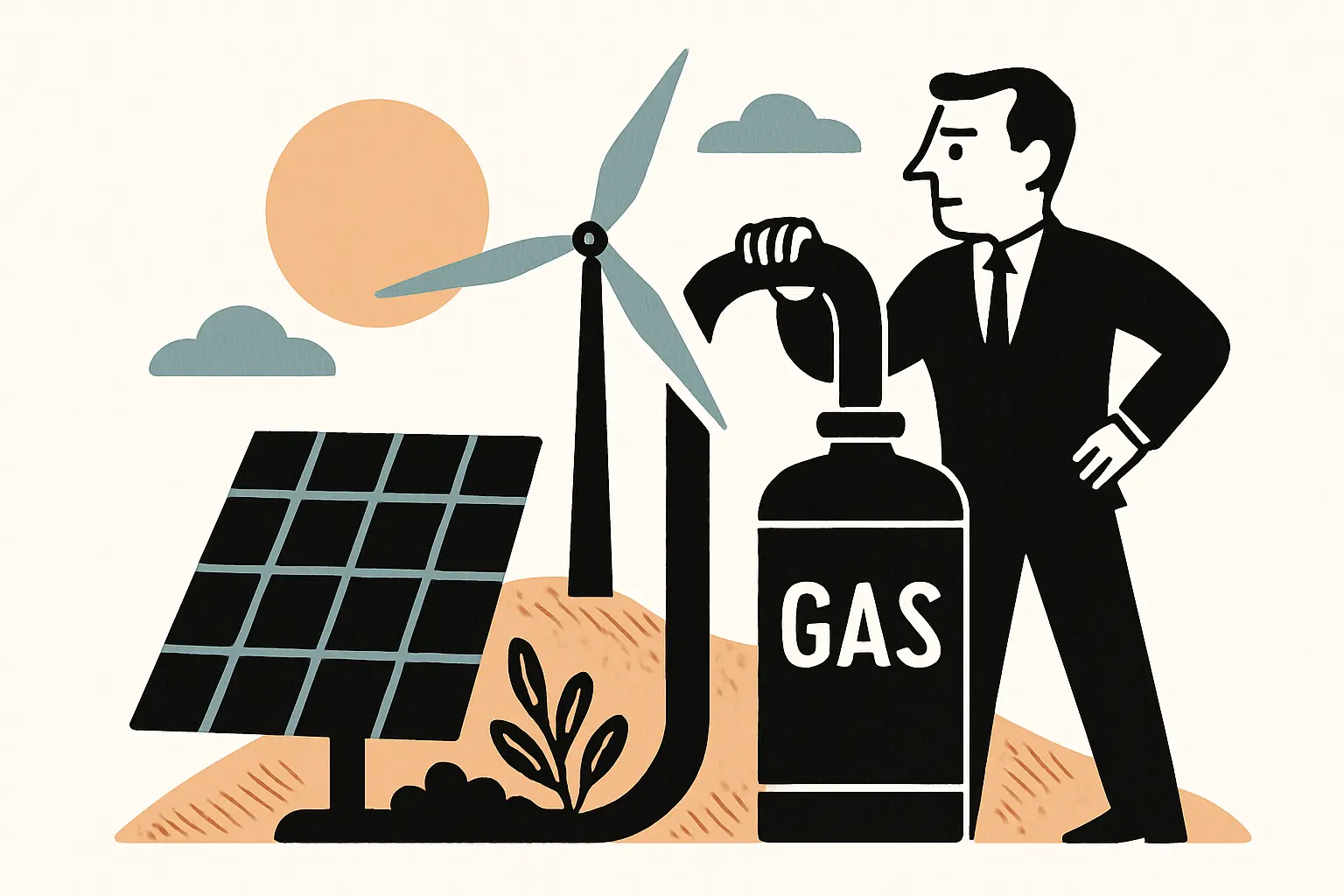
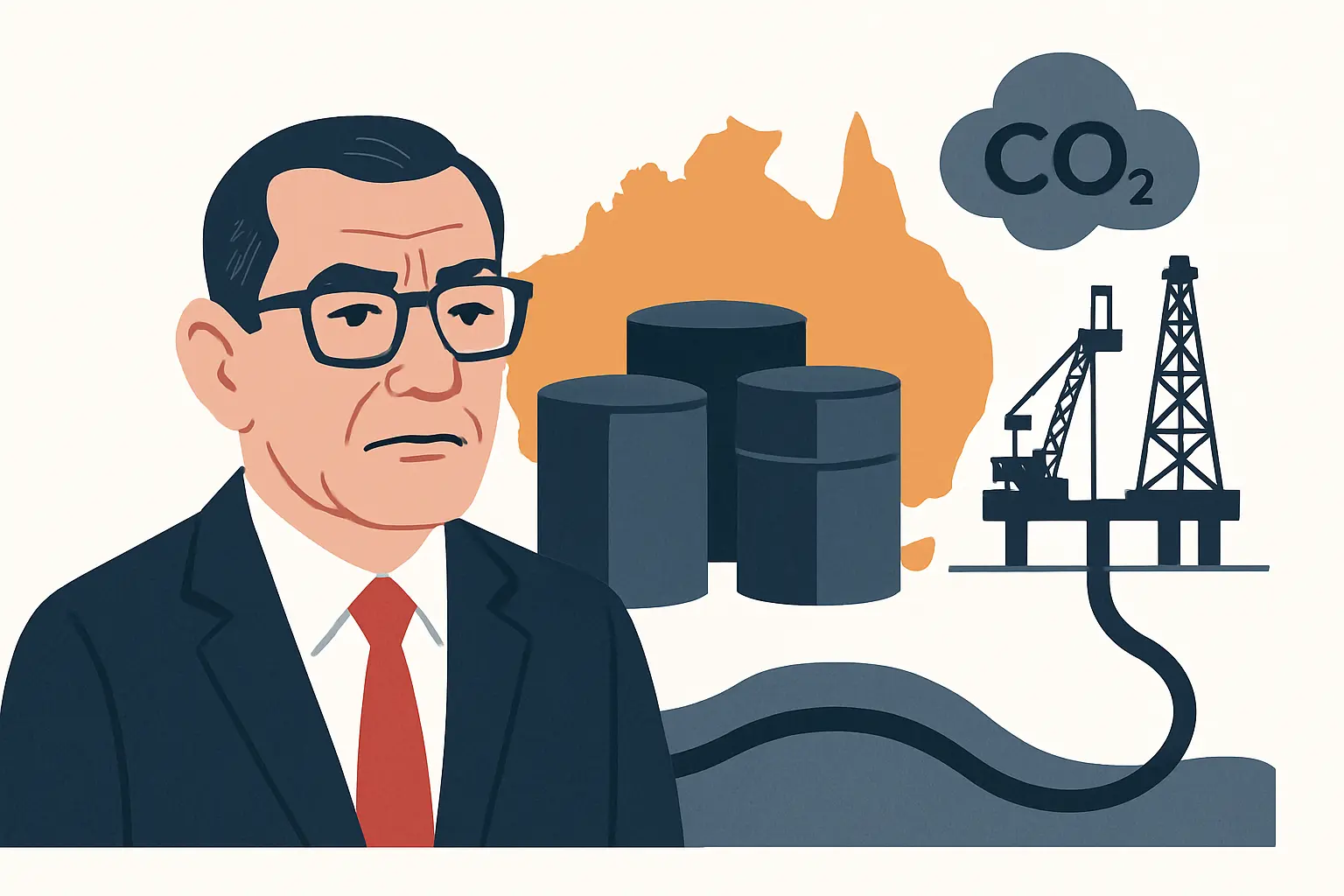
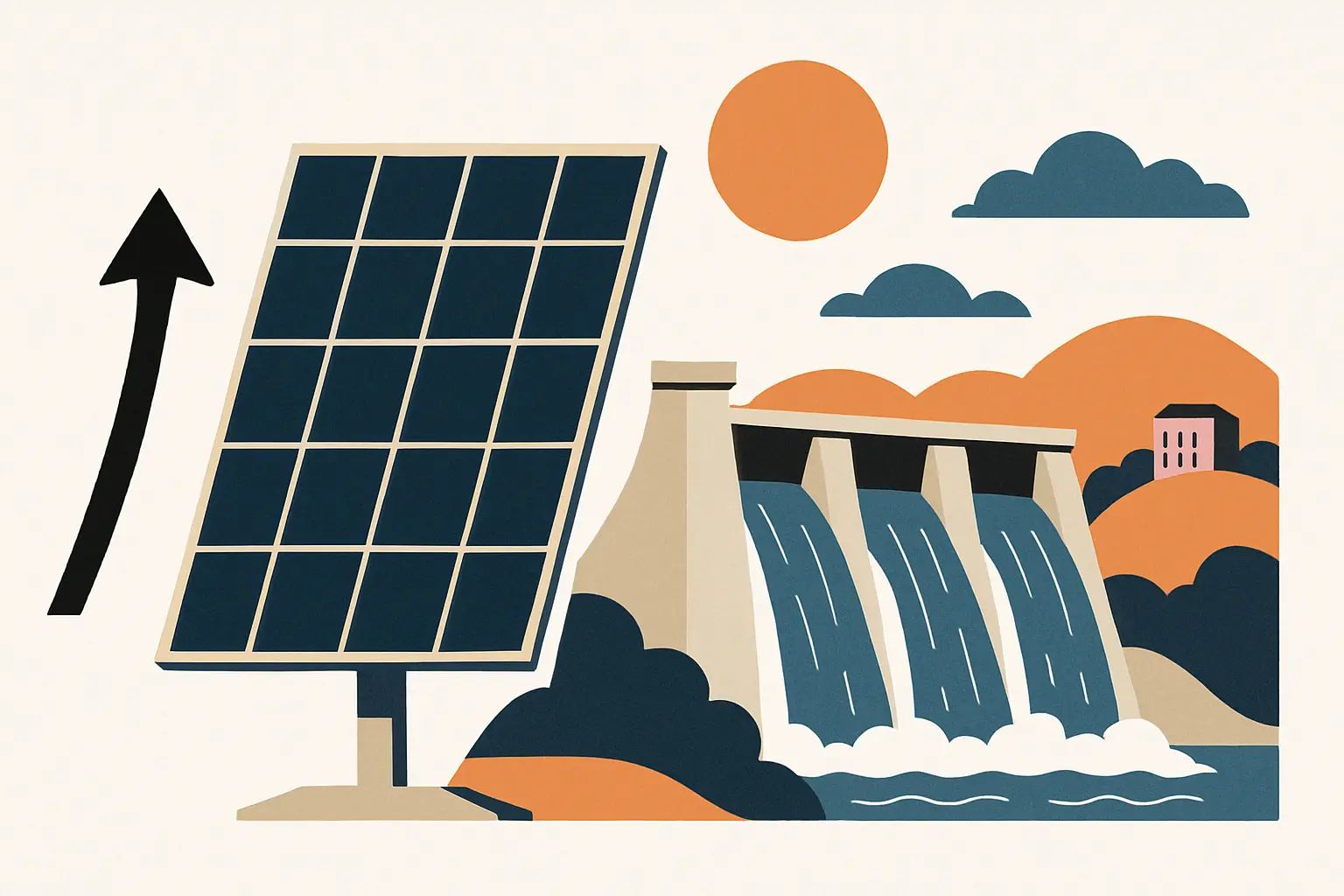
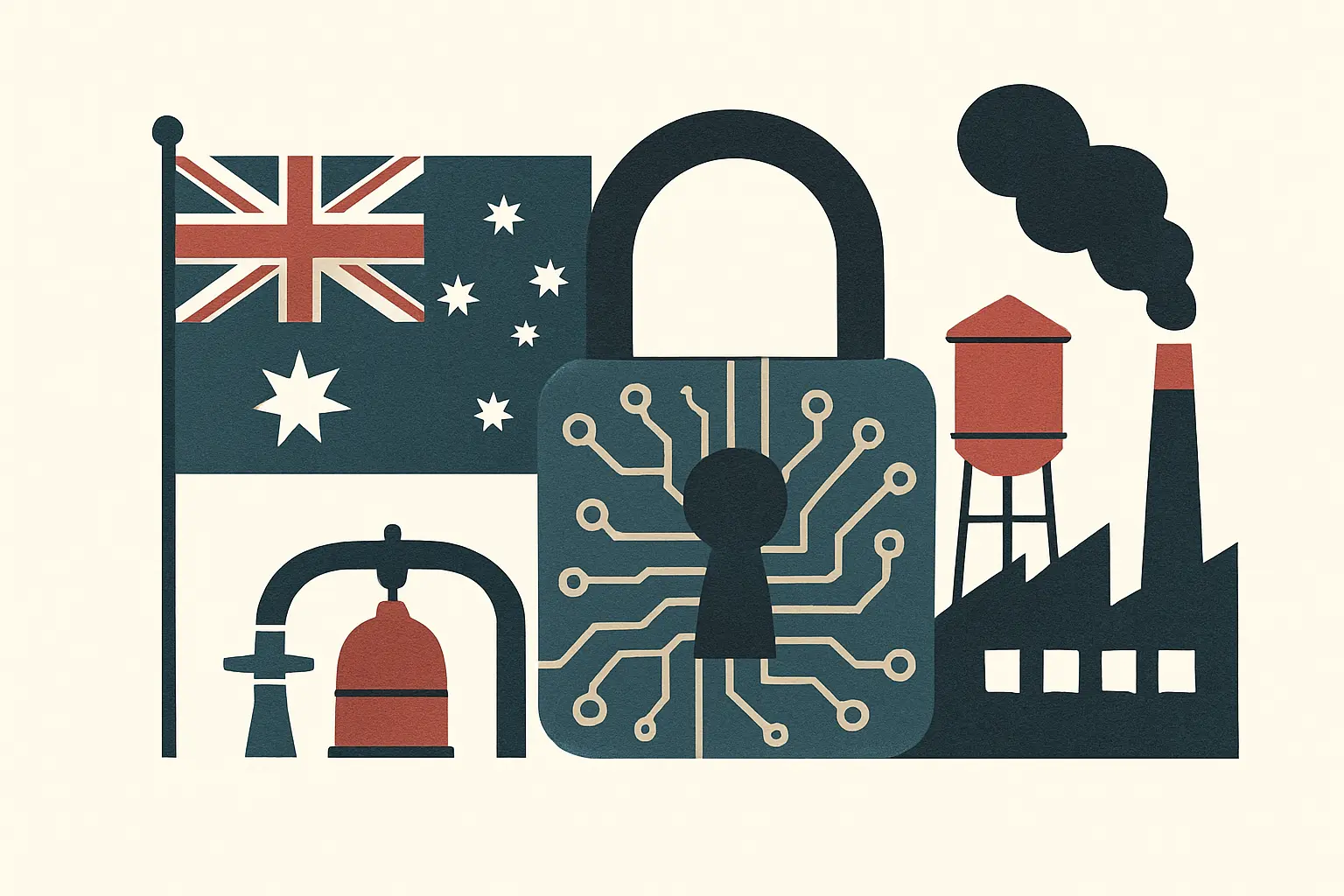








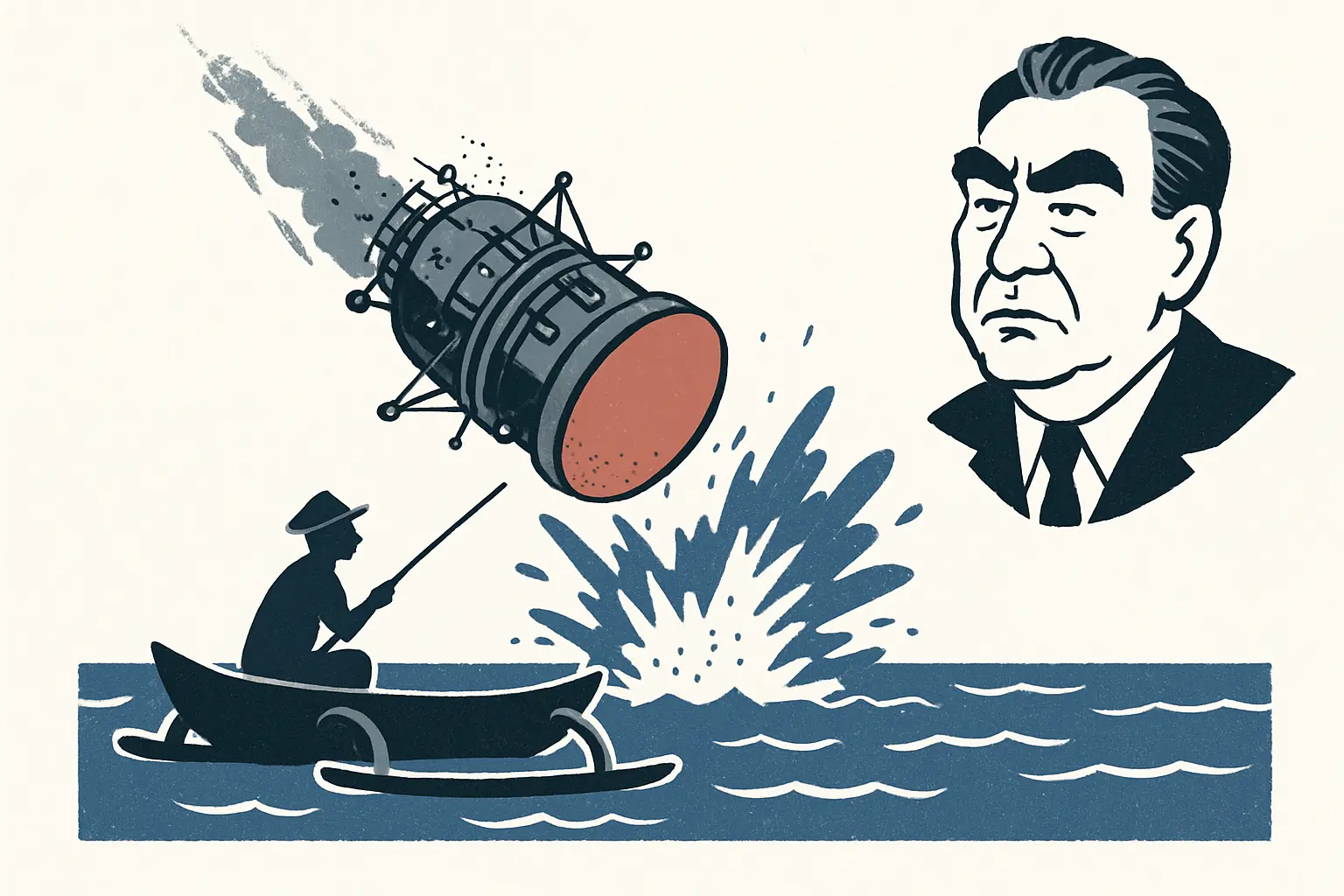



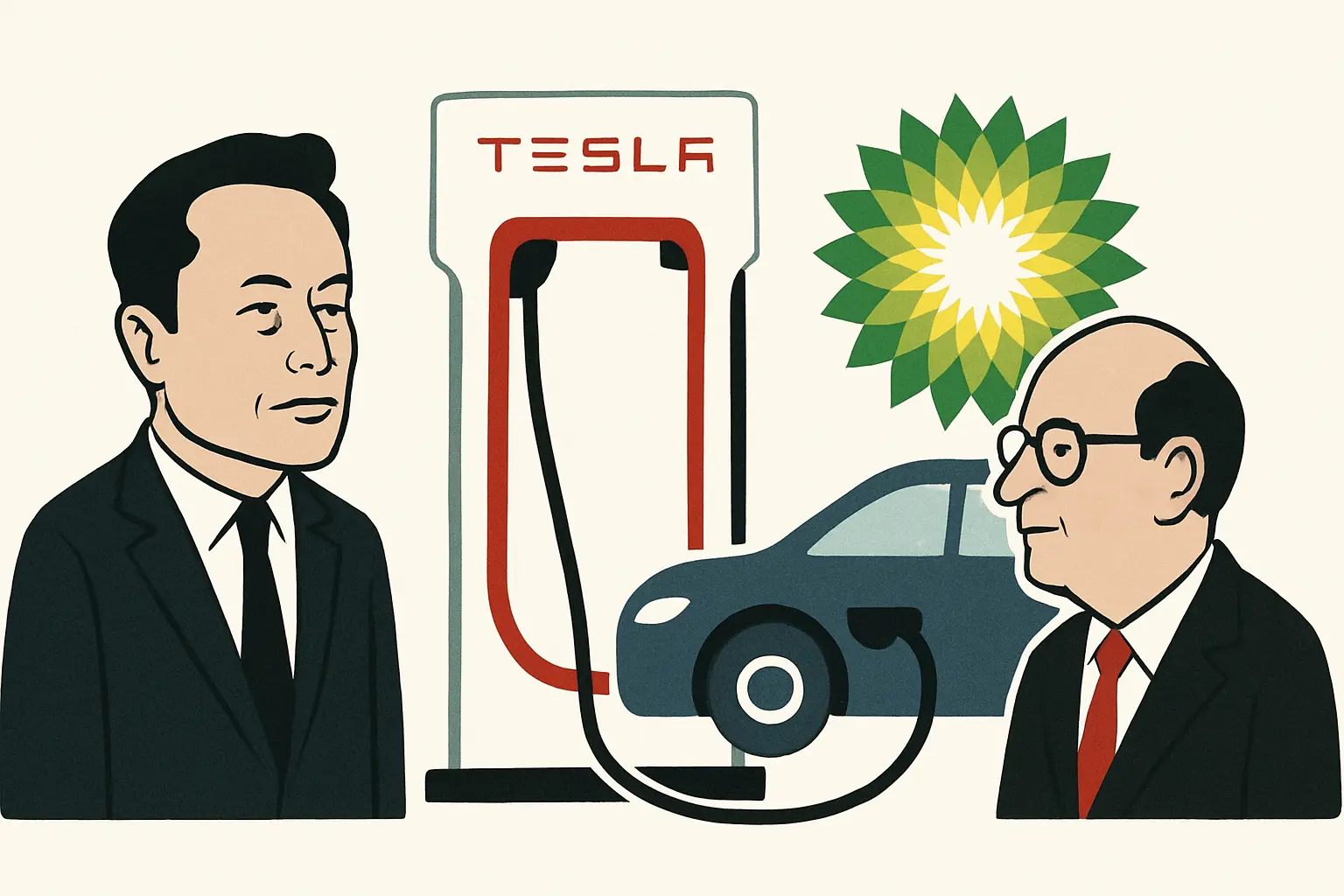
Comments are closed.